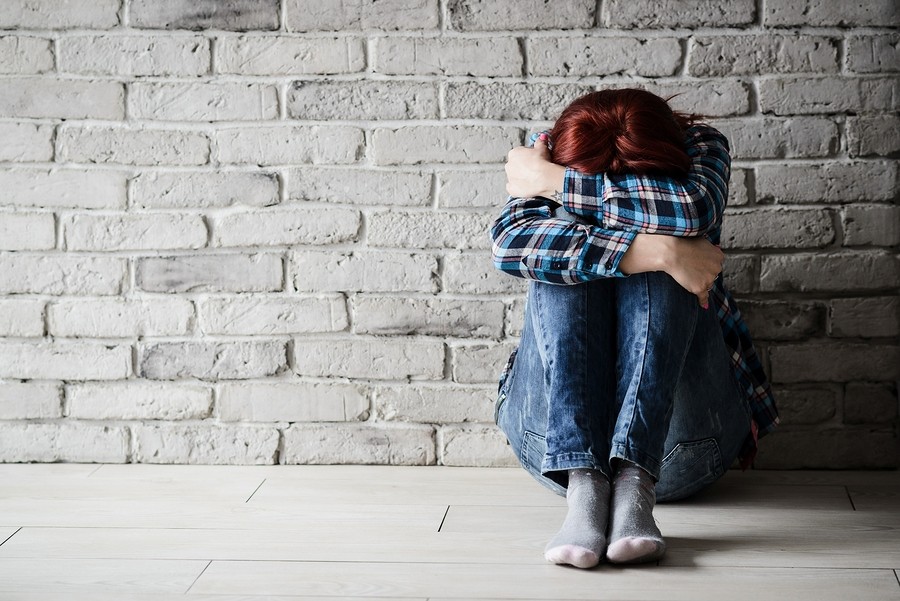A study of 55,000 children in Nebraska found that those with intellectual disabilities were four times more likely to suffer sexual abuse than neurotypical children. Meaning that estimated one-in-three females overall suffer sexual abuse. That suggests a staggering, and largely undetected, level of abuse perpetrated against autistic and other children with disabilities.
Researchers at Willamette University in Oregon postulated that autistic children may be targeted by sexual offenders because of their vulnerability and their communication challenges. The researchers noted that sexually abused autistic children may react in ways that can be misattributed to their condition. For example, an autistic child acting out without apparent provocation (such as showing resistance to a particular caregiver) might be misunderstood as reacting to an environmental stimulus, rather than to untoward actions against them. Authorities are reluctant to pursue these cases in criminal court because witness testimony is the key to a successful prosecution.
According to US Department of Justice data, individuals with disabilities disproportionately suffer their abuse at the hands of people whom they know and trust compared to other victims of sexual abuse. Children on the spectrum are generally more reliant than neurotypical children are on adults, often requiring assistance with activities of daily living like bathing and dressing well into teenage years and adulthood. Because children are taught to respect and comply with the commands of adults, their vulnerability is accentuated.
Considering the magnified risk that autistic individuals face, more research is needed to identify strategies that can prevent sexual assault.
Many in the autism field recommend initiating a conversation about the issue as early as possible and being as direct as is tenable. They say parents should shape the discussion in the terms most conducive to understanding among family members. The impetus for this is the particularly critical role parents play in educating their autistic children about sex because they are less likely to learn about it from popular culture or peers.
It is all the more imperative that children with intellectual disabilities at higher risk of sexual abuse have the ability to distinguish between appropriate and inappropriate behavior directed towards them. Unfortunately, there is a paucity of educational programs targeting healthy sexuality for these populations of individuals.
For individuals who are more severely impacted, who require higher levels of support, mere education and empowerment may be implausible or insufficient. For this population, often unable to distinguish appropriate from inappropriate touch, it is imperative that measures be enacted to reduce opportunities for abuse and vigilance remain constant to prevent it.
Relationships are central to life for autistic adults, as they are for everyone else, and for all the same reasons – love, companionship, support, sexual relations, and reproduction. Sexual predation destroys trust and undermines the ability to engage in healthy sexual and intimate relationships.
A two-part National Public Radio investigation found that sex education specially designed for individuals with intellectual disabilities can help them rebuild that trust and navigate the choppy waters of relationships, which are already maddeningly complex in the best of circumstances.
The alternative for individuals on the spectrum who have been abused may be a lifetime of isolation and loneliness. This prospect is as disheartening for these individuals as for anyone else.
All the research and journalistic investigations, such as those noted above, demonstrate that by improving the data describing sexual abuse of those with intellectual and developmental disabilities, strengthening their defenses against predation, implementing processes to prevent the opportunity for abuse to occur, and refining efforts to help those abused rebuild their confidence and trust, we can reduce incidents of assault and pave the way for healthier relationship building in this population.
Deeper reading on how we can improve these kinds of unfortunate conditions can be found in my book, Autism Matters: Empowering Investors, Providers, and the Autism Community to Advance Autism Services.
Published By
Ronit Molko, Ph.D., BCBA-D
